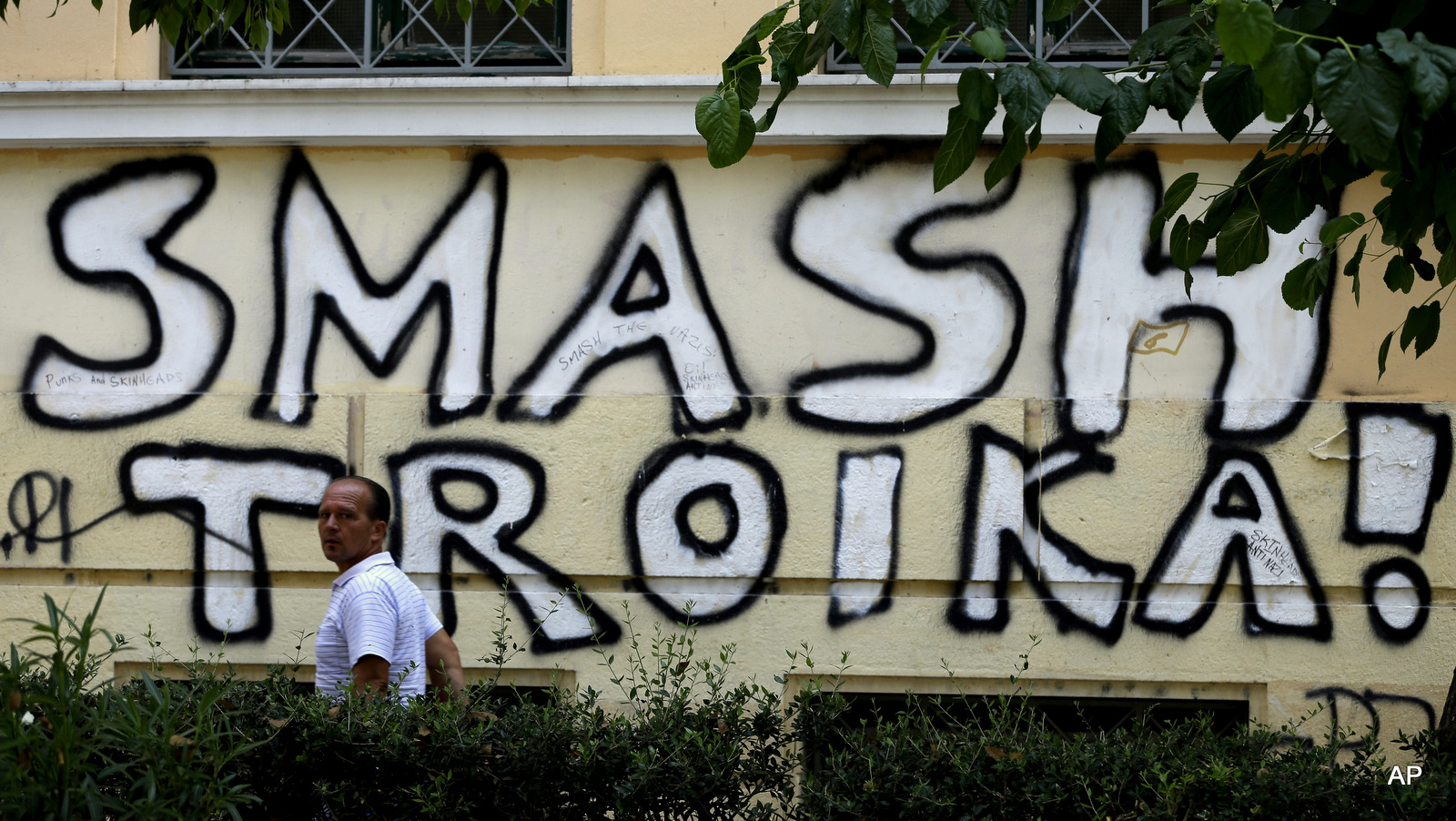Der SPIEGEL

Image by motreo
Der Spiegel (lit. "The Mirror") is a German weekly news magazine published in Hamburg. It is one of Europe’s largest publications of its kind, with a weekly circulation of more than one million.
Der Spiegel is similar in style and layout to American news magazines such as Time or Newsweek. In terms of the breadth and amount of detail in its articles it is comparable to The Atlantic Monthly. It is known in Germany for its distinctive, academic writing style and its large volume—a standard issue may run 200 pages or more. Typically, it has a content to advertising ratio of 2:1.
Der Spiegel has a distinctive reputation for revealing political misconduct and scandals. It merited recognition for this as early as 1950, when the federal parliament launched an inquiry into Spiegel’s accusations that bribed members of parliament had promoted Bonn over Frankfurt as the seat of West Germany’s government.
During the Spiegel scandal in 1962, which followed the release of a report about the possibly low state of readiness of the German armed forces, minister of defence and conservative figurehead Franz Josef Strauß had Der Spiegel investigated. In the course of this investigation, the editorial offices were raided by police while Rudolf Augstein and other Der Spiegel editors were arrested on charges of treason. Despite a lack of sufficient authority, Strauß even went after the article’s author, Conrad Ahlers, who was consequently arrested in Spain where he was on holiday. When the legal case collapsed, the scandal led to a major shake-up in chancellor Konrad Adenauer’s cabinet and Strauß had to stand down. The affair was generally received as an attack on the freedom of the press. Since then, Der Spiegel has repeatedly played a significant role in revealing political grievances and misdeeds, including the Flick Affair.
The Spiegel scandal is now remembered for altering the political culture of post-war Germany and — with the first mass demonstrations and public protests — being a turning point from the old Obrigkeitsstaat (authoritarian state) to a modern democracy.
In 2010, the magazine supported WikiLeaks in publishing leaked materials from the United States State Department, along with The Guardian, The New York Times, El País, and Le Monde.
(Wikipedia)
Behind the Panama Papers
 The secrets of diplomacy of the first world power, in the case of the "Cablegate" Wikileaks. The massive … Finally arrived Panama Papers revealed by German newspaper Süddeutsche Zeitung and the International Consortium of Investigative Journalists.
The secrets of diplomacy of the first world power, in the case of the "Cablegate" Wikileaks. The massive … Finally arrived Panama Papers revealed by German newspaper Süddeutsche Zeitung and the International Consortium of Investigative Journalists.
Read more here.
Clash of the Ignobles: The IMF, the European Commission and the Greek Bailout Saga
 “It was a discussion that never got formally off the ground as Germany's finance minister vetoed all discussion on debt relief, debt swaps (which were my compromise proposal), indeed any significant change to the failed program.” As Varoufakis rather …
“It was a discussion that never got formally off the ground as Germany's finance minister vetoed all discussion on debt relief, debt swaps (which were my compromise proposal), indeed any significant change to the failed program.” As Varoufakis rather …
Read more here.
Bundestag Inquiry into BND and NSA
 WikiLeaks transcript and synopsis of the 45th session of 1st German commission of inquiry; WikiLeaks synopsis of the 43rd session of 1st German commission of inquiry; WikiLeaks synopsis of the 41st session of 1st German commission of inquiry; WikiLeaks …
WikiLeaks transcript and synopsis of the 45th session of 1st German commission of inquiry; WikiLeaks synopsis of the 43rd session of 1st German commission of inquiry; WikiLeaks synopsis of the 41st session of 1st German commission of inquiry; WikiLeaks …
Read more here.
Tanzania: Can 'Panama Papers' Help Govt Finally Nab Tax Evaders?
"If you censor more than 99 percent of the documents, you are engaged in 1 percent journalism by definition," WikiLeaks said in a tweet. According to … The Panama Papers comprise some 11.5 million documents leaked to Germany's Süddeutsche Zeitung.
Read more here.



















